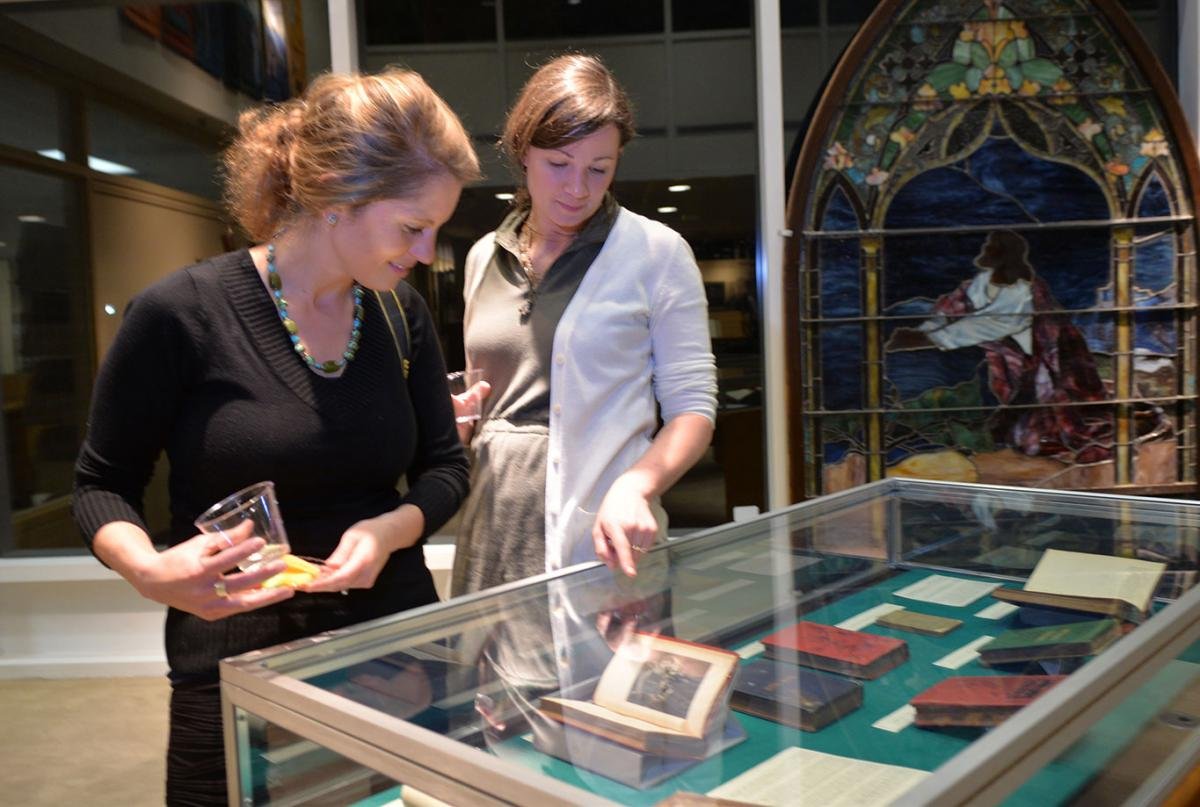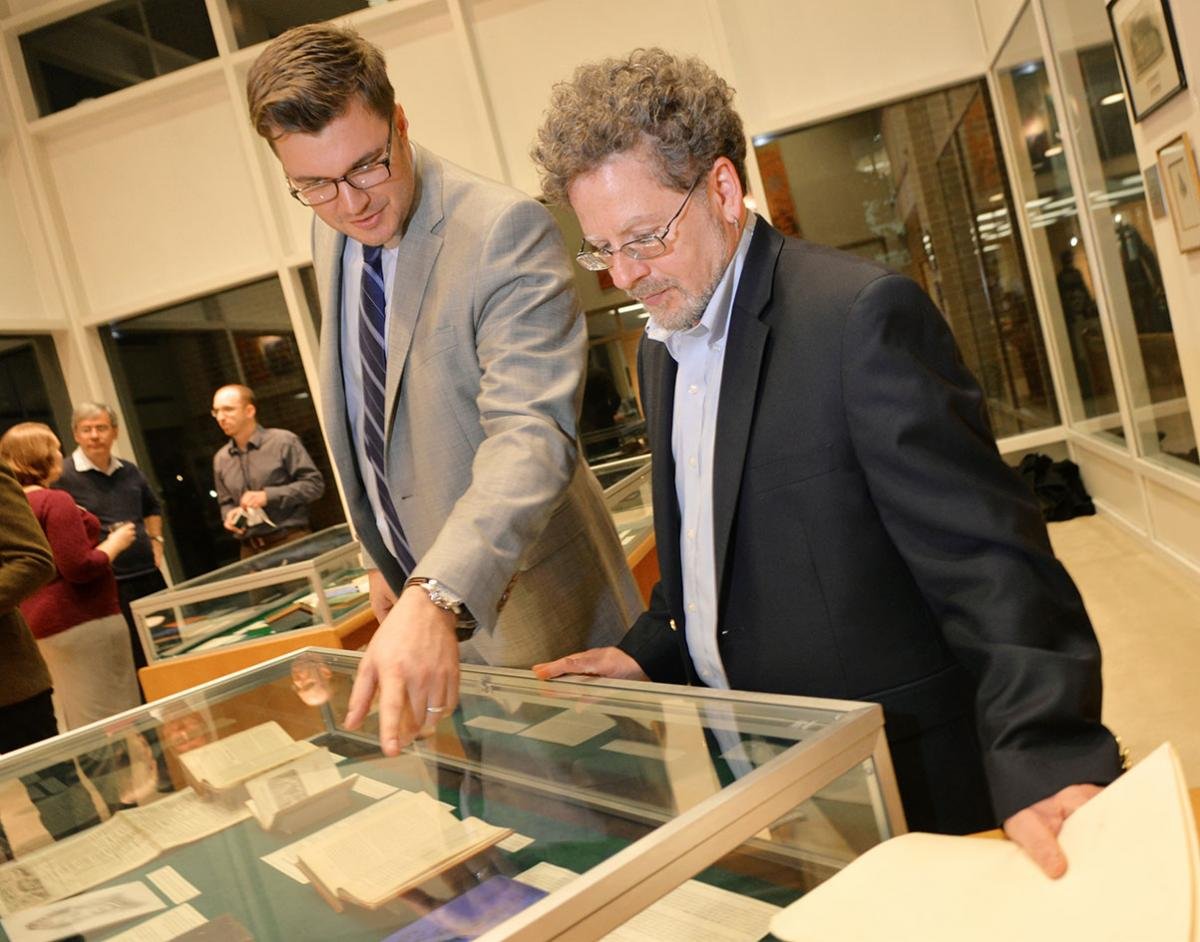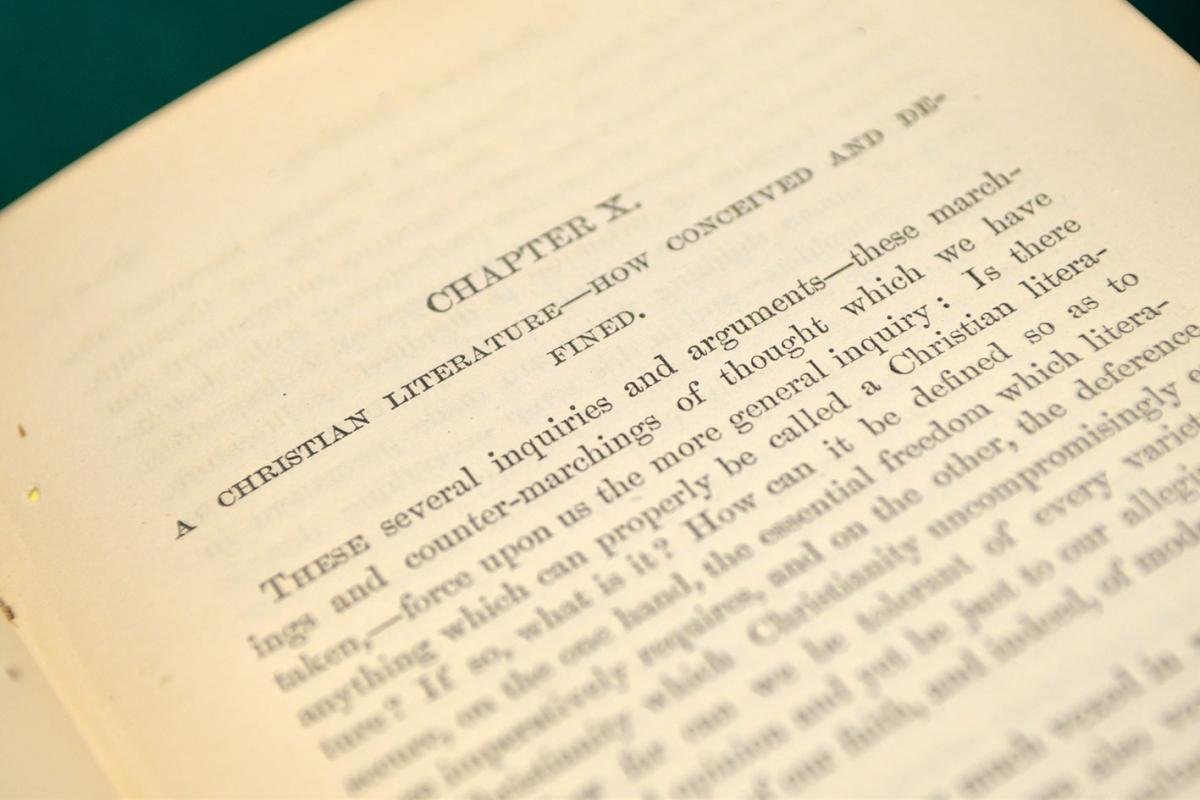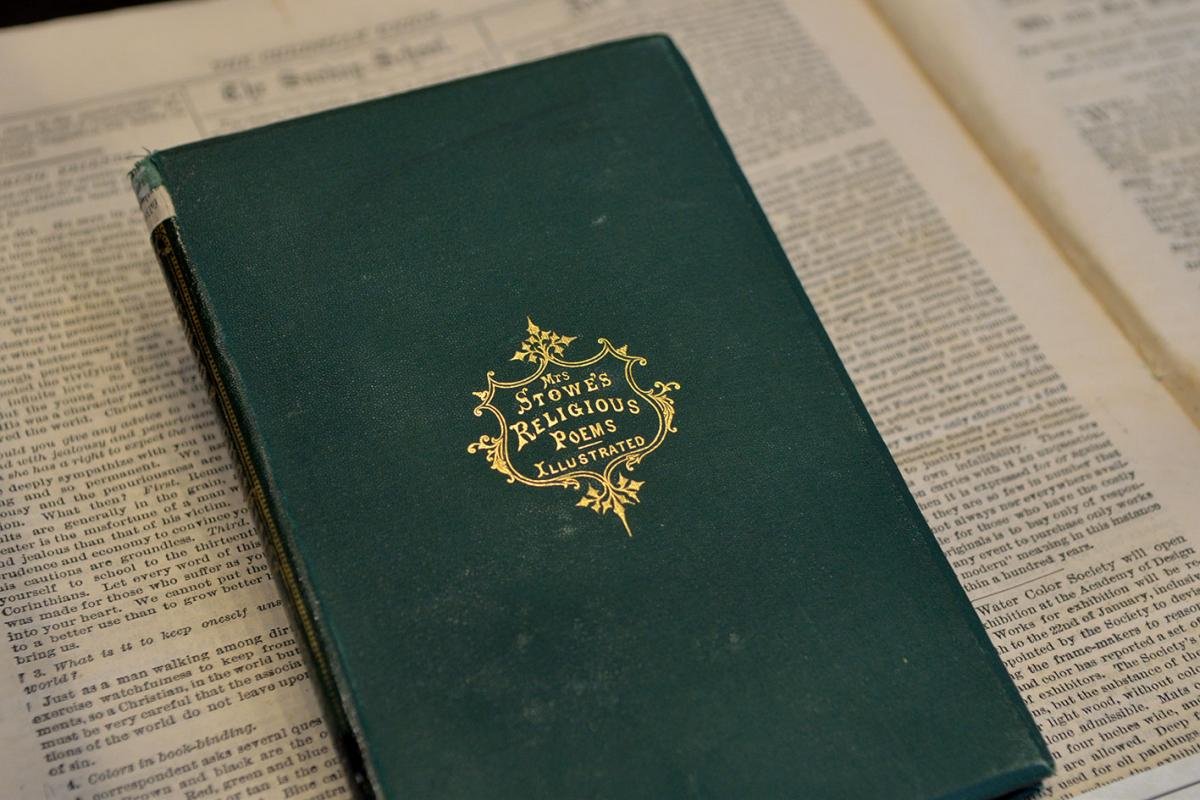James Van Wyck on Evangelical Emotions
Fordham English PhD student James Van Wyck is arguing in his dissertation that 19th-century Evangelical texts relied heavily on an appeal to readers’ emotions, a technique born from a sentimentalist ethos that continues to inform Evangelical reading habits today. His research has led him to curate an exhibition on evangelical fiction at Drew University, and was recently covered in an extensive story in Inside Fordham.
From Inside Fordham:
Evangelical Christians have long acknowledged that anti-intellectualism has plagued their religious tradition. As Evangelical historian Mark Noll put it in 1994, “The scandal of the evangelical mind is that there is not much of an evangelical mind.”
Scholars have linked this anti-intellectual bent to a variety of influences—for instance, the growing insularity of the Evangelical community, or the sway of charismatic church and political leaders. However, James Van Wyck, an English doctoral student in the Graduate School of Arts and Sciences, believes that it in fact stems from something seemingly innocuous: the last century-and-a-half of fictions that Evangelicals have been reading and writing.
To prove his point, Van Wyck has taken a daunting plunge into the archives to chronicle Evangelical literary trends and how these have influenced contemporary Evangelical thought. He argues in his doctoral dissertation that 19th-century Evangelical texts relied heavily on an appeal to readers’ emotions, a technique born from a sentimentalist ethos that continues to inform Evangelical reading habits today….. Read the full story by Joanna Mercuri.
From the Drew University website:
In the mid-19th century, writers of Christian fiction had to be creative to get their stories to a population that was spread out geographically and didn’t always have easy access to books.
It became popular for writers to serialize their books through magazines, newspapers and other periodicals that were published weekly and monthly. Those articles included dramatic soap-opera style stories, children’s parables and other evangelical fiction, some written by bestselling authors.
While conducting research for his dissertation in Drew’s United Methodist Archives, James M. Van Wyck, a Fordham University doctoral student, came upon several examples of Christian evangelical fiction from the mid-19th century, offering a glimpse at popular fiction from over 100 years ago.
Van Wyck and Christopher Anderson, Head of Special Collections, Archives, and Methodist Librarian for the Drew University Library, have joined forces to present an exhibit highlighting some of these historic gems. Drew’s rich collection reflects an array of authors—women authors, bestselling novelists, African-American authors and writers of children’s stories…..Read the full story on Drew University’s site.





